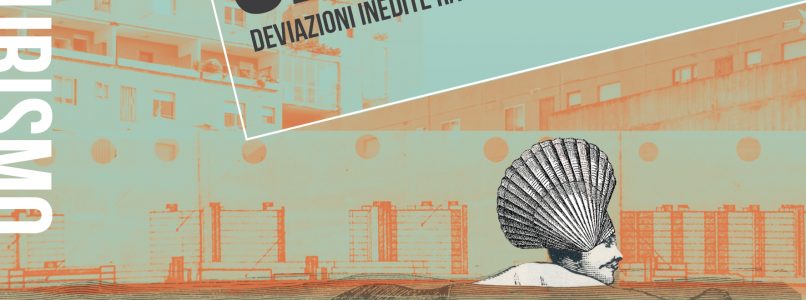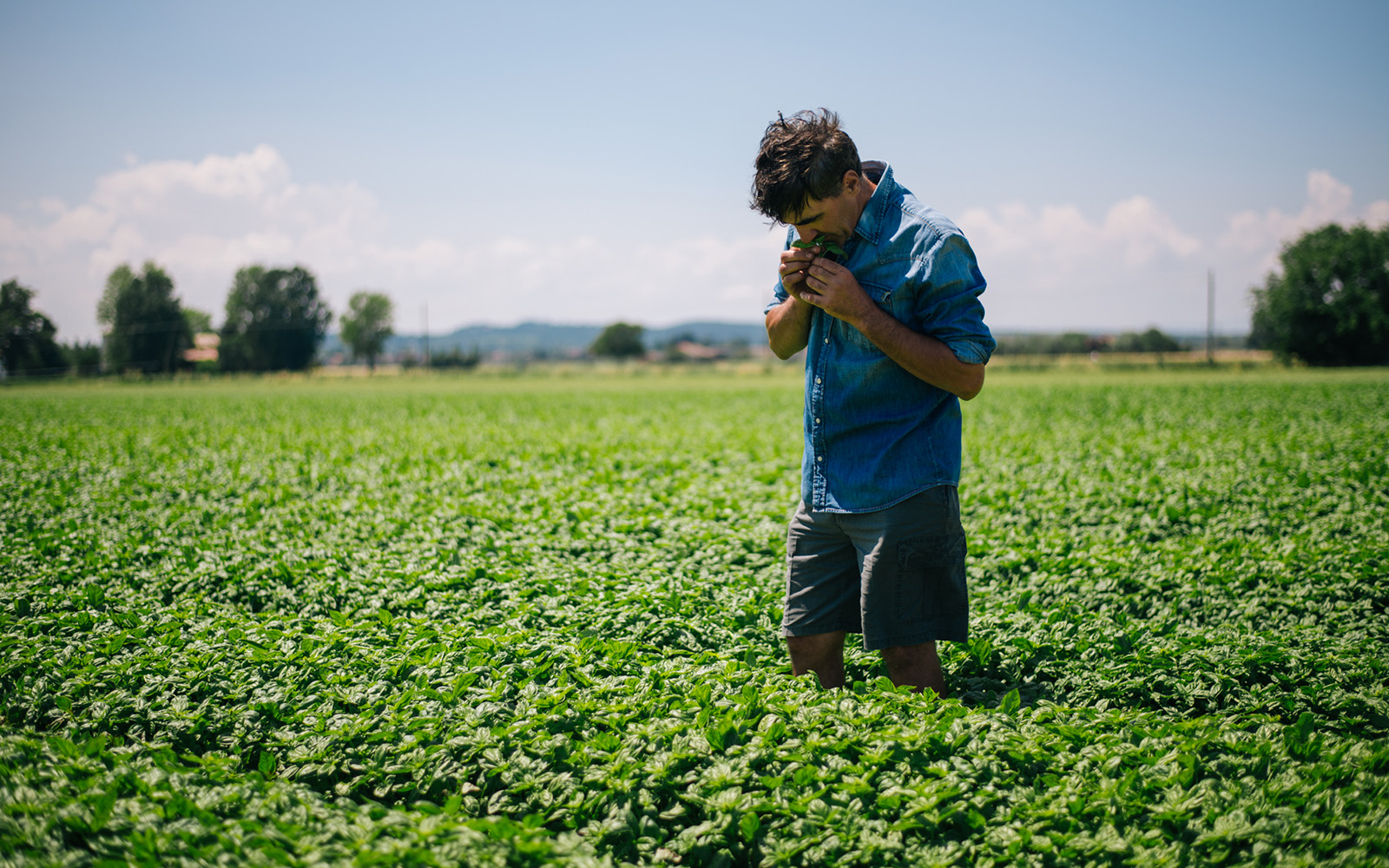Schools closed and lockdown opened, for many the time has come for well-deserved relaxation. And what's better than reading to relax the soul? The slow time of the holidays gives the luxury of getting lost among the pages of a good book, to discover new recipes, forgotten vegetables, curious or mysterious stories, but also to reflect and fly away with thoughts. And then, why not, chat with friends.
Not deviating from our favorite topics, we have selected some books for you that are worth putting in your suitcase, backpack or ebook, the choice is yours.
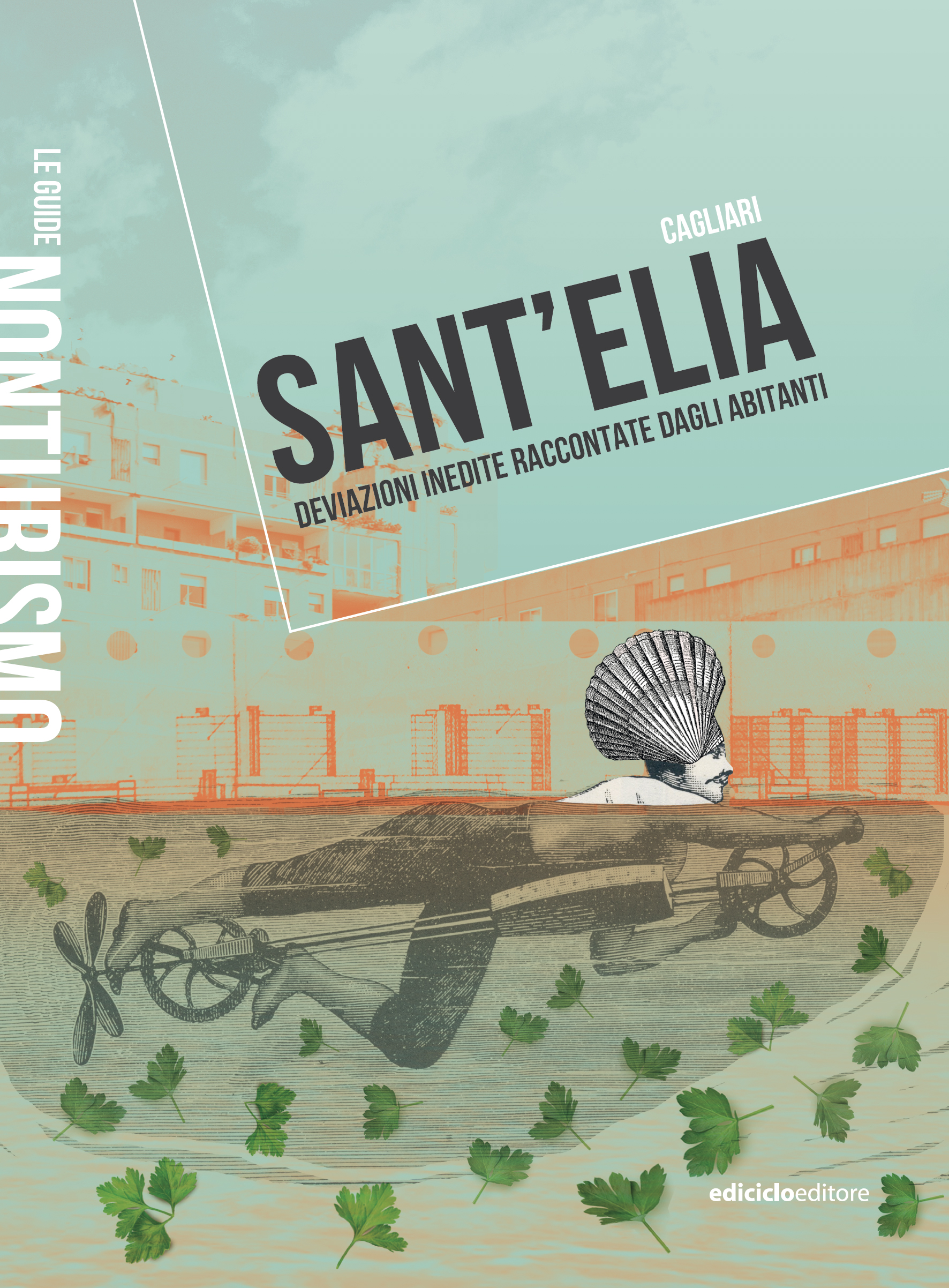 TASTE TOUR
TASTE TOUR
The guides of Nonturismo – Sant'Elia, unpublished detours told by the inhabitants – (Ediciclo publisher, 16 euros – CLICK HERE)
It's a guide-cookbook dedicated to Sant’Elia, a popular village in the far south of Cagliari: is the first guide of the Nonturismo series, built through a participatory process that involves citizens in a "community drafting" and an artist in residence, in this case the cook-philosopher Don Pasta.
Community and artist have on enhancing content, to restore dignity to a territory for years forgotten, with the direction of a cultural mediator who is Lorenzo Mori association Riverrun.
The fish soup, the burrida, the scabecciu fish, the velvety fava beans and the fried octopus: among real, plausible and fake recipes, you can immerse yourself in an itinerary towards the beach of Canaletto, the Sunday Market, the Lazzaretto, the Torre del Prezzemolo, the Palazzoni and the Stadium.
Through numerous maps and thematic itineraries, enriched by the podcasts of the dedicated Loquis channel, you can listen to the stories and anecdotes of the inhabitants of Sant'Elia, discover the secrets of the cuisine and the postcard views of this coast.
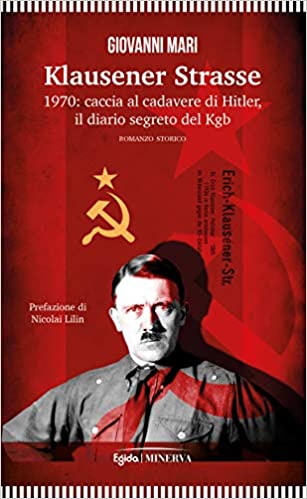 THE HISTORICAL NOVEL
THE HISTORICAL NOVEL
Klausener Strasse by Giovanni Mari – (Minerva publisher, 16.90 euros, CLICK HERE)
Three Soviet spies in the heart of East Germany, a secret mission and a bulky load of history. It's spring 1970, half a century ago. The agents, on the basis of the KGB cartouches, have evidence of a fact that overturns collective knowledge: Adolf Hitler he was not cremated in the big bonfire of the Berlin bunker and neither did he manage to escape. His body has always been in the hands of the Russians. Together with that of Eva Braun, Joseph and Magda Goebbels and their six children. The spies have the order of the Kremlin to find those corpses, to burn them and to disperse their ashes forever.
It is a true story that unfolds in the historical novel by Giovanni Mari. The book, "Klausener Strasse", takes its name from the burial road. And he tells the details of the mission: from the preparation, to the composition of the plan with lots of covers and disguises up to the choice of men. In the background, the secrets and tensions on the chessboard of the Cold War and the jolts of crisis in the West. And of course they could not miss theirs lunches.
By defining the Lubianka operational plan, they throw on a buffet with hot sliced bread, fresh cheeses, white sausages, marinated beef carpaccio, smoked salmon, seasoned potatoes and a sarlotka of apples with cinnamon.
On the train that crosses Europe they binge on oat pancakes with onions and beef bitocki, closing with honey biscuits with poppy seeds; dinner with lard stew and apples with fried buckwheat bread. At the KGB headquarters in Magdeburg they are greeted by a robust woman soljanka with pork, peppers and sauerkraut.
During the crucial phases of the operation they consume a snack on Elba: winter salad with potatoes, marinated cucumbers, peas, boiled gravy, boiled eggs and mayonnaise, pirozki, Bavarian vanilla.
And after a fishing trip they cook themselves in the oven a tench, a carp and a scardola with a filling of butter, sour cream and nutmeg watering abundantly with white wine. On the longest night, inside the backpack, they find a dehydrated barley and potato soup, some slices of smoked fish and some ketwurst …
If action and gastronomic curiosities intertwine here and there, the truth is that it is a historical reading that deserves. A written documentary, with the appearance of the novel.
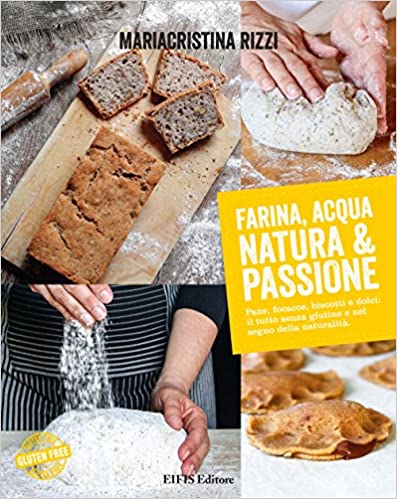 BAKERY: PRACTICAL ADVICE AND NOT ONLY
BAKERY: PRACTICAL ADVICE AND NOT ONLY
Acqua Natura e Passione flour – by Mariacristina Rizzi (CLICK HERE)
During the lockdown many have discovered the pleasure of making bread at home and many others have discovered the frustration of not being able to, not to mention who would have liked, but could not for lack of untraceable yeast initially in supermarkets.
This text speaks precisely of sourdough bread, with 15 recipes explain each step of the process step by step. There are loaves, buns and desserts inspired by the Emilian, Venetian and Sardinian traditions with some creative forays into the culinary suggestions of distant countries.
Of course, there is no lack of information to prepare a home super natural yeast that you can keep for a long time and use in your recipes. All you need is patience, love and planning.
It is a real journey into the magical world of natural flours and their wonderful combinations for a healthy and tasty cuisine.
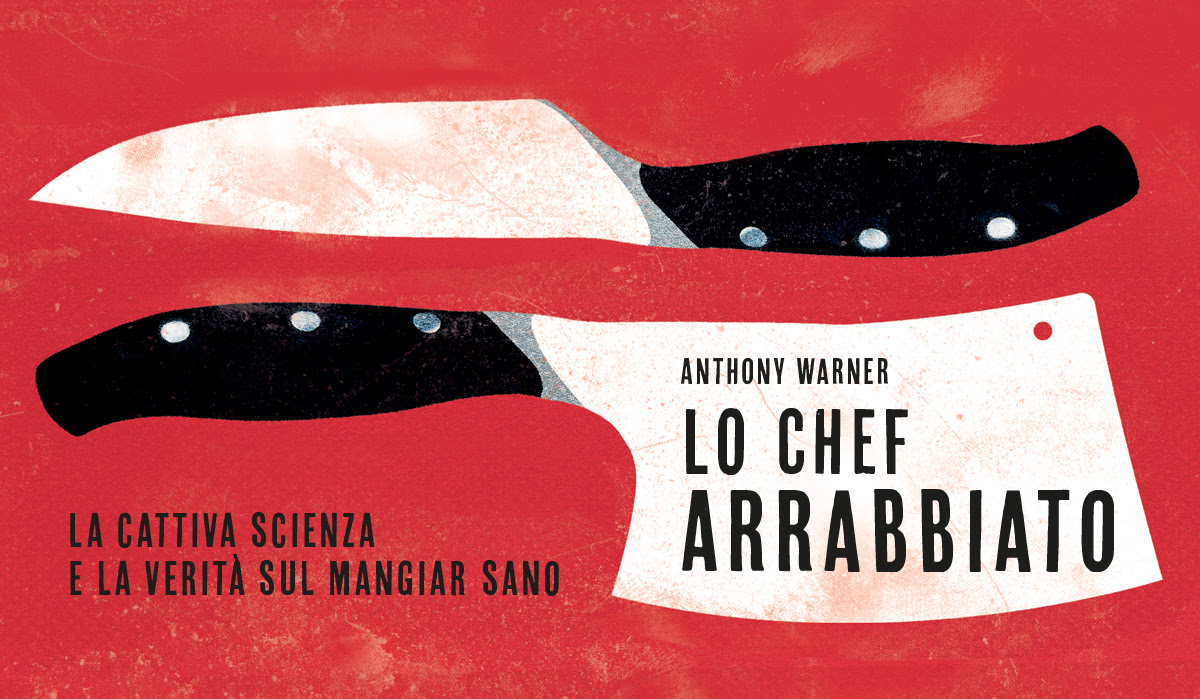 THE DESCACRATING READING
THE DESCACRATING READING
Anthony Warner's angry chef (Guido Tommasi Editore, 19 euros. CLICK HERE)
It's time to start over reflect. This is the exhortation of the angry chef, that is Anthony Warner, chef with biology training and an attraction for the way nutrition affects our health.
In his book he takes on the task of exposing many food myths and real hoaxes with irreverent tones and an ironic gaze. from detox diet to that paleo up to the properties of coconut oil, once an ingredient neglected because it is full of saturated fats and now reevaluated by characters from the star system, the angry chef spares nothing and nobody.
"If there is one thing that I hope this book encourages you to do, it is take some time to reflect. In today's life we find ourselves bombarded with information, and living with only quick and instinctive opinions can become all too easy. Sometimes our instincts can lead us along dangerous roads, especially when it comes to decisions about our diet. Taking a few quiet moments to work out that fire of information we are exposed to every day is perhaps the biggest weapon we have … "
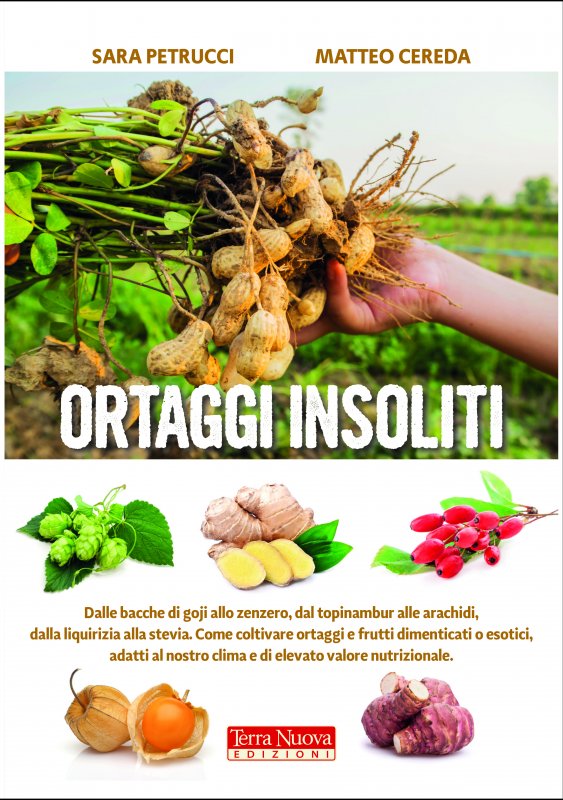 ALTERNATIVE GARDENING MANUAL
ALTERNATIVE GARDENING MANUAL
Unusual vegetables – The organic cultivation of forgotten and exotic vegetables by Matteo Cereda and Sara Petrucci (Terra Nuova editions, CLICK HERE)
More biodiversity in the garden and more variety at the table: this is the motto of the authors of Unusual vegetables, a book that teaches secrets and curiosities to grow forgotten vegetables, spices and other plants, coming from distant countries and in any case little present in the most classic gardens. The whole without using pesticides and other chemicals.
In practice it is a book dedicated to organic cultivation of plants with high nutritional value and great culinary interest such as lo ginger, goji berries and the stevia, which have become very popular in recent years for their recognized virtues, yet still little cultivated in Italy.
Less known to the general public, but not without interest, they are the cicerchia, the lampascione and the purslane and still the black rind, the Jerusalem artichokes and St. Peter's grass or valuable vegetables of Asian, African or South American origin, but perfect for growing in our area, such as pak choi, okra, minzuna, kiwano or chayote.
It's time to discover (or rediscover) the fruits of the vegetable garden that are less present on the market and perhaps for this reason even more fascinating.
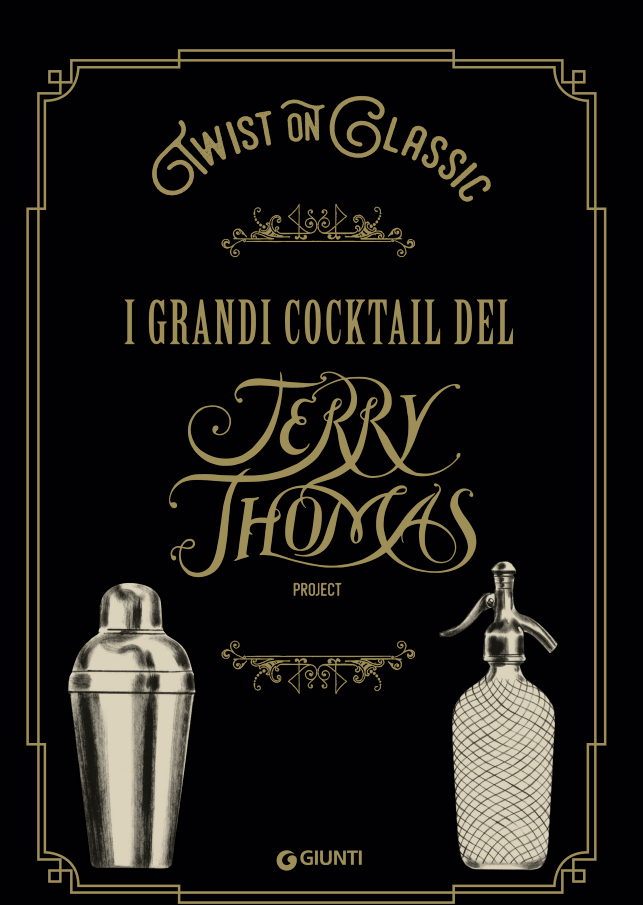 FAMOUS COCKTAILS AND OTHER STORIES
FAMOUS COCKTAILS AND OTHER STORIES
"Twist on classic – The great cocktails of the Jerry Thomas Project" (Giunti, 29 euro, CLICK HERE)
The volume, published by Giunti, has four protagonists: Roberto Artusio, Leonardo Leuci, Antonio Parlapiano and Alessandro Procoli and tells the first ten years of the Jerry Thomas Speakeasy (www.thejerrythomasproject.it) of Rome, the first Italian 'hidden bar', a real temple of good drinking. The book has the preface of an exceptional loyal customer, Jude Law, who during the filming of the two seasons of The Young Pope did not miss a ride in the Roman Speakeasy.
In the first part of the book we talk about the birth and evolution of secret bar, focusing on the history of mixology, from 1250 BC to date, to get to the origin of the modern cocktail. Of course you will also discover details, curiosities and the history of the restaurant, a small club in the heart of the capital, which has entered the "50 World Best Bar" ranking five times.
The second part is dedicated to the drinks that are illustrated in the classic recipe and in their variations. The idea is to create original recipes starting from the classics, the so-called "twist on classic". The concept of "twist", in fact, is one of the prerogatives of the Jerry Thomas Project, which has made it its distinctive brand, with the application of the "three-dimensional rule" or the three ways through which to successfully implement the modification of a classic recipe. The reader will discover the "Professor's Vermouth", created in collaboration with the Quaglia Distilleries and then the classics mixed in a workmanlike manner and then modified with skill in many variations, from Old Fashioned to Martini Cocktail, from Daiquiri to Manhattan.
Barbara Roncarolo
June 2020
(Opening PHOTO from the book of Nonturism)
